Cassava flour is a gluten-free, grain-free flour made from the Cassava plant. It has become a popular alternative to wheat flour in recent years, as more and more people are looking for gluten-free options.
However, Cassava flour can be difficult to find in some areas. If you are looking for substitutes for Cassava flour, you have come to the right place.
This blog post will discuss 13 different substitutes that you can use instead of Cassava flour. Let’s get started.
What is Cassava Flour?
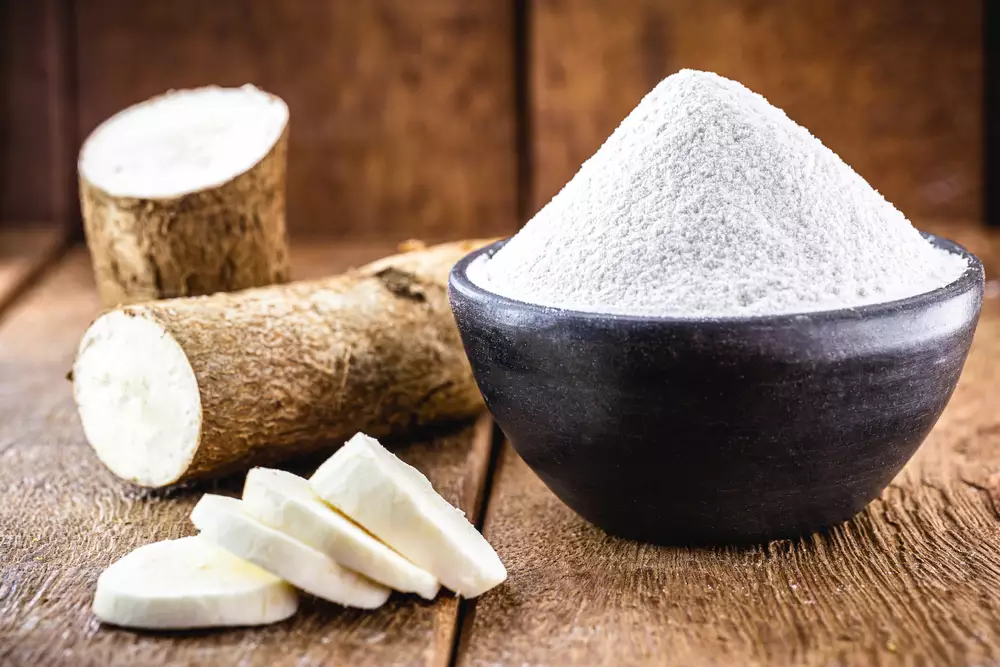
Cassava flour is the ground root of the cassava plant. Cassava, or yuca, is a starchy tuberous root vegetable similar to sweet potatoes and yams.
Cassava flour has become increasingly popular for those who follow gluten-free diets due to its rising use in paleo recipes and as an all-purpose alternative to wheat flour.
Cassava flour is made from the whole root of the plant (unlike tapioca, which is derived from just a portion). It has a similar consistency to wheat flour, making it an excellent all-purpose alternative for gluten sensitivities or allergies.
Tapioca Starch
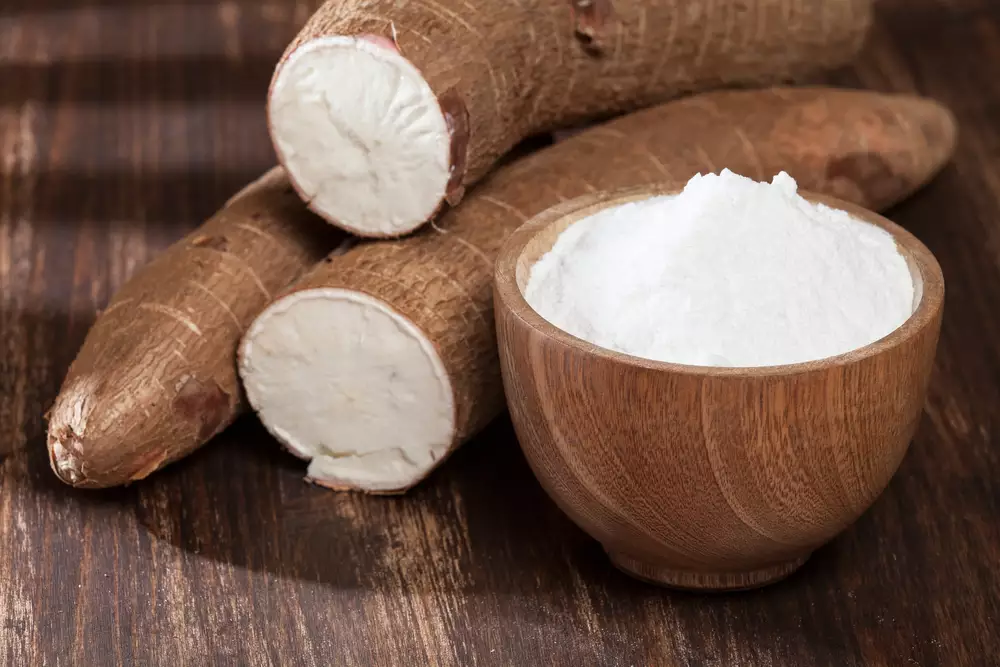
Tapioca starch and cassava flour are both made from the same plant, but they differ in many ways.
For starters, tapioca contains no nutritional value while still having a lot of fiber which can help with weight loss or managing diabetes-related symptoms.
Tapioca starch is an excellent thickener for sauces and gravies. It’s also a great choice if you’re looking for a gluten-free option that will add some light to your baked goods.
Arrowroot Starch
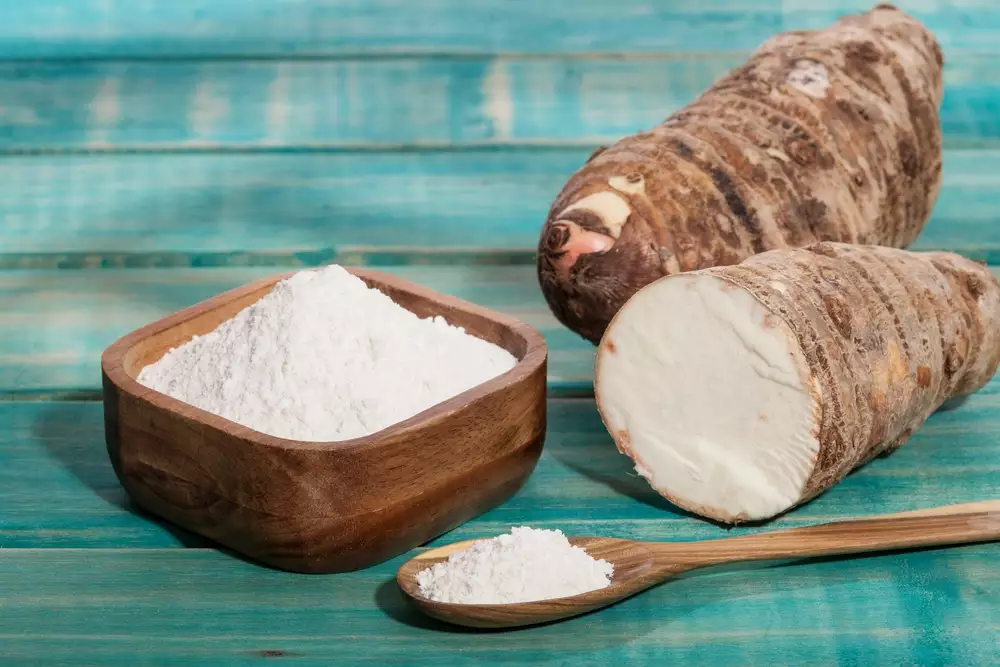
Arrowroot starch is a great substitute for cassava flour and tapioca starches. It can be used in baking, coating, or thickening just like these other products while not making your food taste bad like some other substitutes might.
Arrowroot is a starchy powder made from the tubers of a tropical plant. Like cassava flour, arrowroot starch is high in fiber and nutrients. It has long been used as an alternative to wheat flour in gluten-free baking and is also popular as a thickener for sauces, gravies, and puddings.
Arrowroot starch can be used in place of Cassava flour at a ratio of one to one. Use it to make biscuits, muffins, or other baked goods that require Cassava flour as an ingredient.
Arrowroot has slightly less thickening power than Cassava flour, so you may need to add more arrowroot if your recipe calls for Cassava flour to be used as a thickener.
Potato Starch
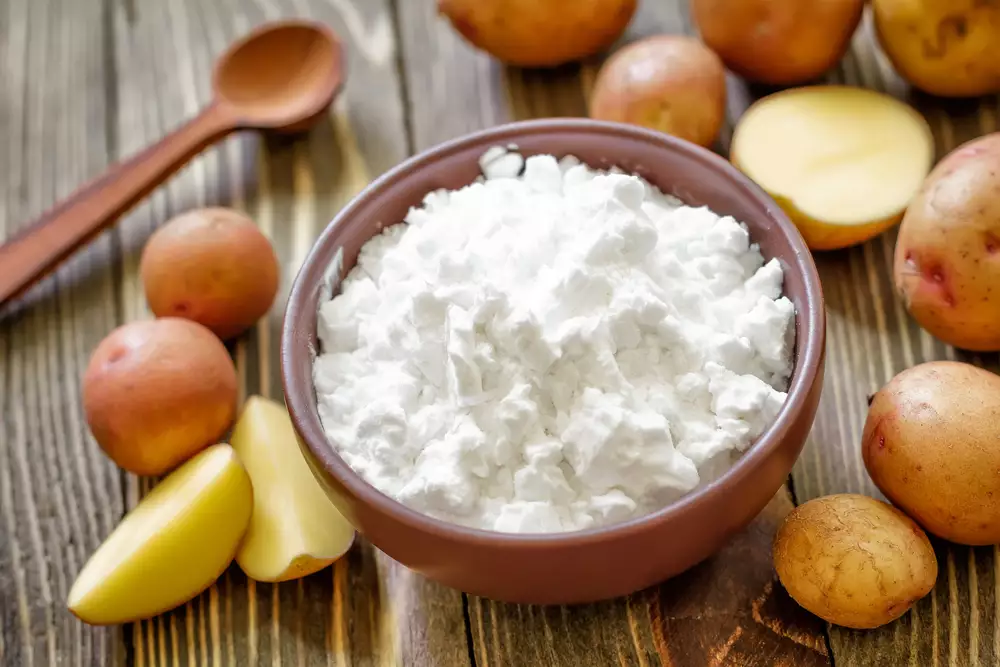
When you need a gluten-free alternative for cassava flour, use potato starch. This ingredient can be used in equal amounts as cassava flour and will help give your recipe that unique texture.
Potato starch and cassava flour are both made from starchy tubers. Cassava flour is the ground root of the Cassava plant, and potato starch has been processed down to a fine powder made up primarily of carbohydrates.
Both products have their nutritional value with one key difference: cassava flour contains fiber, whereas potato starch does not.
Potato starch is a great thickener and can be used in recipes that call for roux, pie crusts, or breading. It also has a high gelatinization temperature, perfect for chilled items like ice cream.
Corn Starch
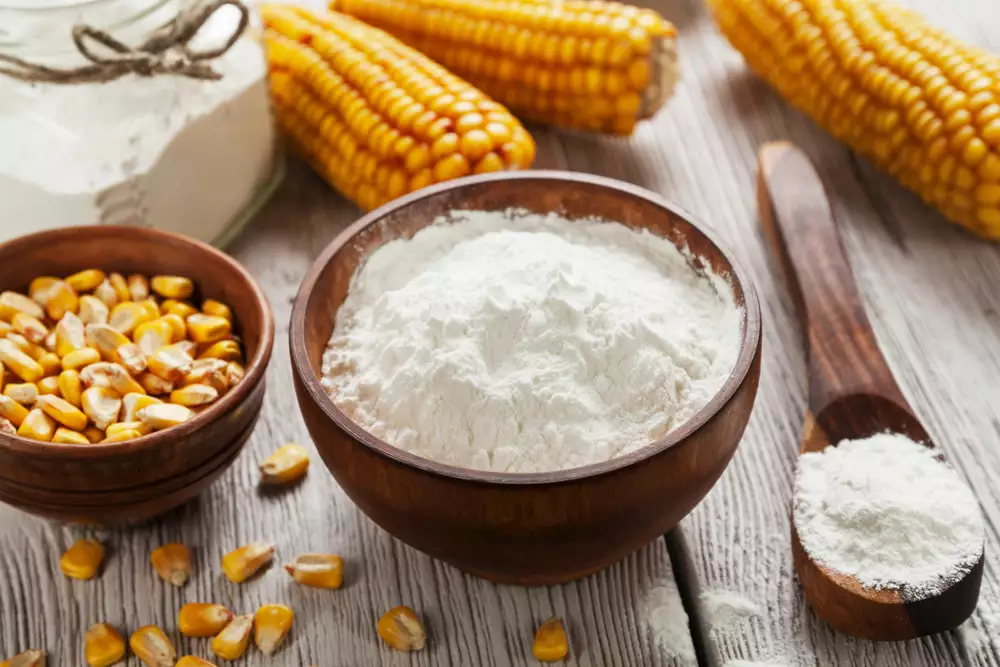
You can use cornstarch in the flour to produce delicious and nutritious recipes. For example, it helps make the ubiquitous pancake.
The versatile plant-based alternative provides an inexpensive way for vegans or those with dietary restrictions not only to consume carbs but also enjoy them too without compromising their healthiness standards – no more lectins here, folks.
Cornstarch is also used in arrowroot flour, potato starch, or tapioca powder as a thickener agent when making sauces.
Its texture makes it easy to mix and blend with liquids while staying lump-free – which means more time spent eating instead of cooking. It can be found at most grocery stores under the name.
Rice Flour
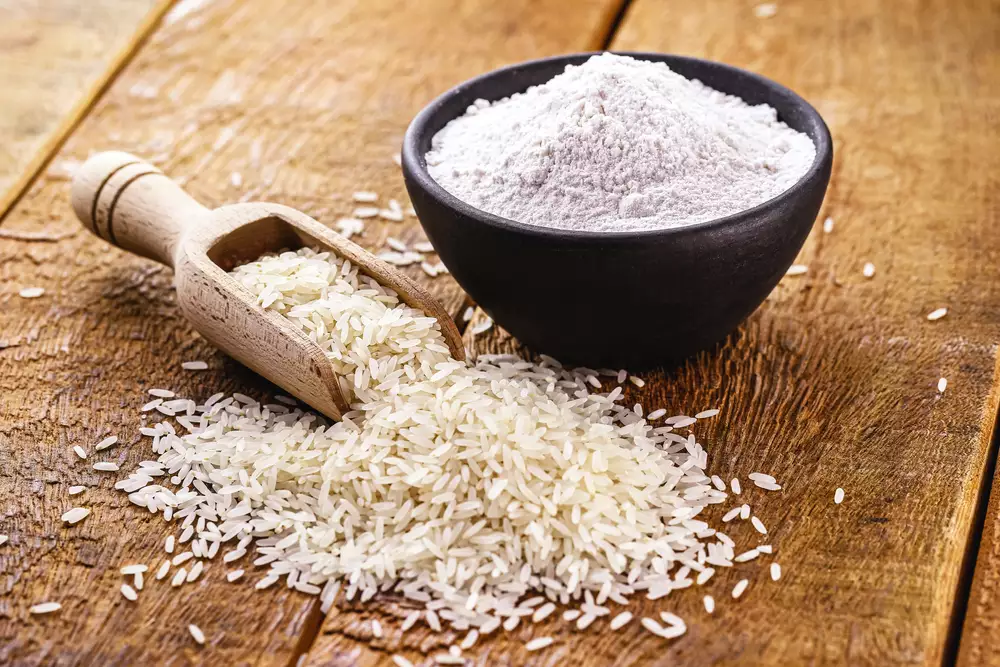
Brown and white rice are two different types of grains that can be used in almost any recipe. They both taste good when you cook them. Brown rice and white rice have different nutrients, but this difference is not very big.
White rice flour is made from ground white rice, and it’s a great substitute for cassava flour in most cases. It has a mild flavor and is a great thickener for sauces, soups, and gravies. It also makes a good coating for fried foods.
If you are looking for a substitute for cassava flour that is more like the real thing, then white rice flour is your best bet. Just be careful not to use too much of it since it makes things gummy.
All-Purpose Flour
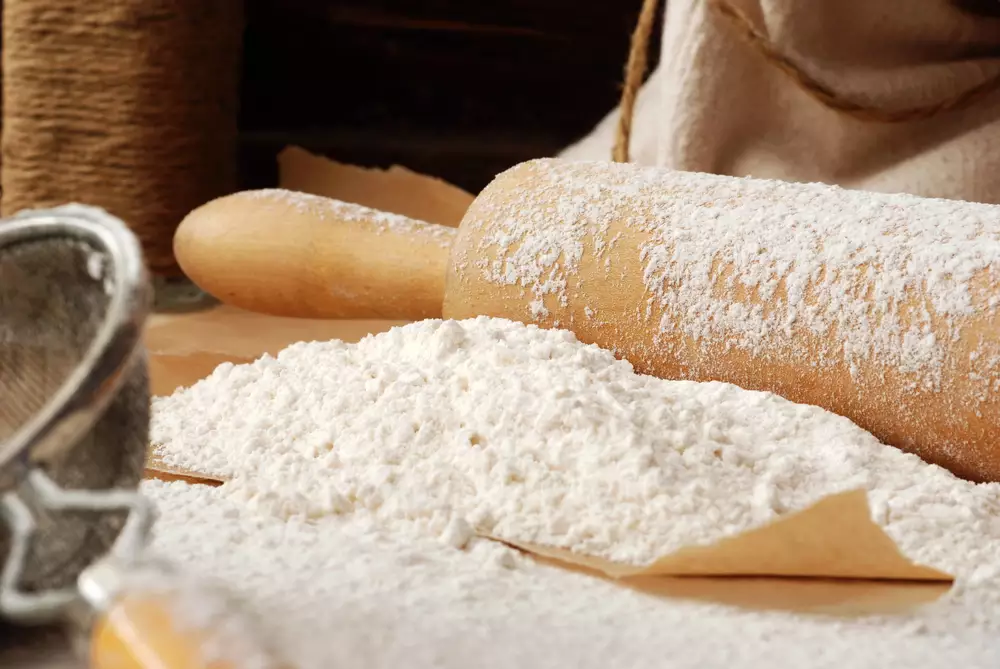
When it comes to replacing wheat in your diet or as a supplement for people who suffer from gluten intolerance, all-purpose flour is often the best option.
It has great baking qualities that allow you to enjoy goodies like bread and cakes without worrying about having any gums added to these items.
All-purpose flour is made from a blend of hard and soft wheat. It’s the perfect choice for those who don’t want to give up the taste and texture of wheat-based items.
Just be sure that if you are looking for a gluten-free option, you get an all-purpose flour specifically labeled as such. Often, regular AP flour contains traces of gluten.
Almond Flour
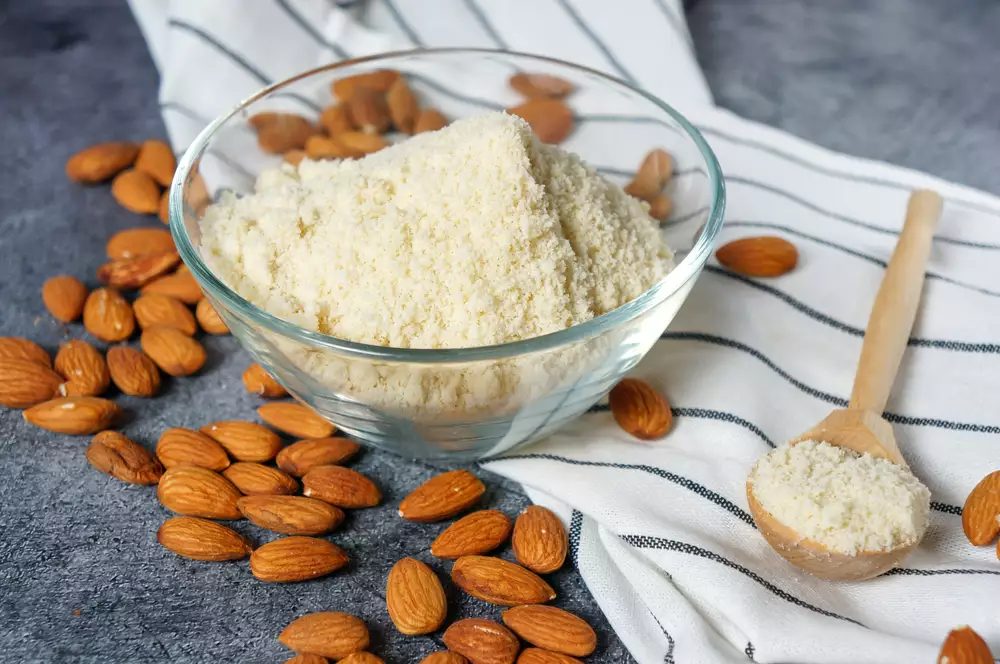
The best thing about almond flour is that it can be used in many different ways. You could make your milk and baking goods from scratch or eat the snacky kind as-is.
Almonds are one of the most healthy snacks out there because they’re packed with protein and have no cholesterol whatsoever – making them ideal for people who want alternatives when eating raw doughs like bread/rolls, etc.
Almond flour is made by finely grinding almonds until they reach powder form. It’s often used in gluten-free baking as a replacement for regular flour.
Coconut Flour
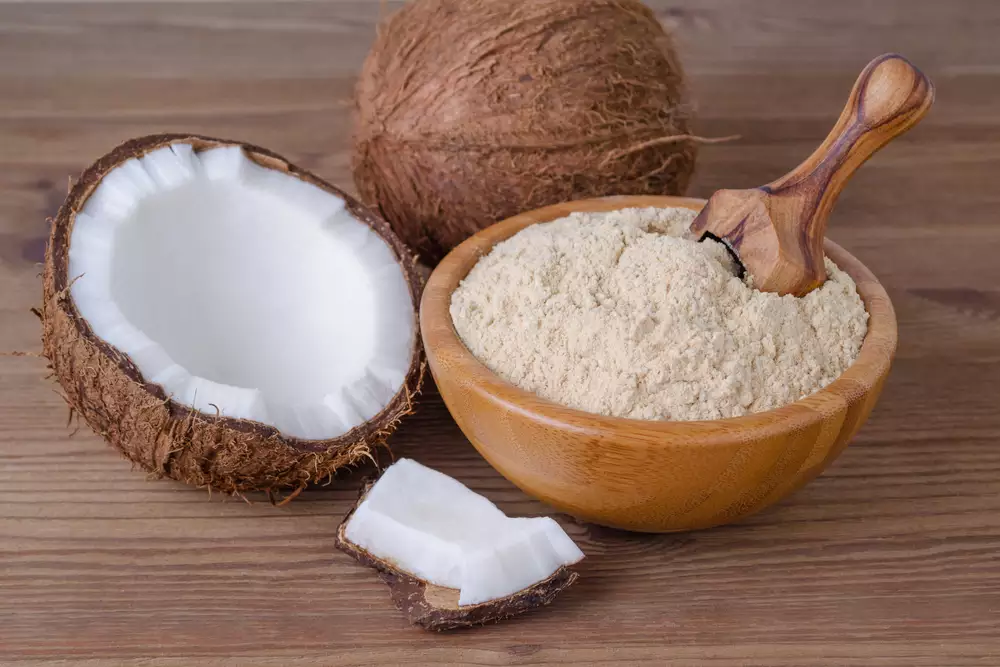
Coconut Flour is one of the most versatile and healthy flours you can find on your grocery store shelves. If there’s no brown rice or regular flour to work with, this coconut-based alternative will do just fine in place.
Using coconut flour as an ingredient in baking recipes can give your food a deliciously tropical scent. Coconut flour also has health benefits, like increased fiber intake and protein & MCTs that help fight bad digestion habits and heart risks.
It also absorbs more liquid than most other flours, so you may need to use a bit more of it in your recipe.
Chickpea Flour
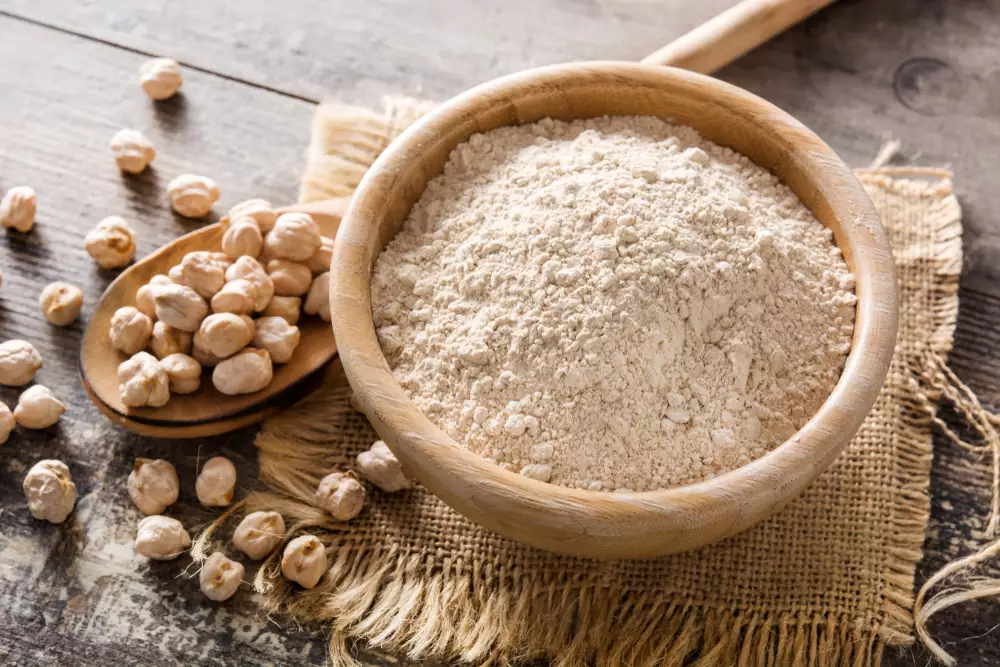
The flour is an amazing alternative to cassava flour. Not only does it have a rich and delicate flavor, but chickpeas also provide many benefits for your body in addition to the taste.
For example, their high levels of nutrients like fiber can help keep you feeling full longer. This means that you won’t need to eat again soon after eating one meal.
This will reduce cravings for unhealthy foods and unhealthy appetite disorders such as hunger pangs or diabetes mellitus type II (which leads to difficulty maintaining normal blood sugar levels).
On top of this incredible texture enhances almost any recipe by adding creaminess without dairy products while keeping everything gluten-free.
Cornstarch Flour
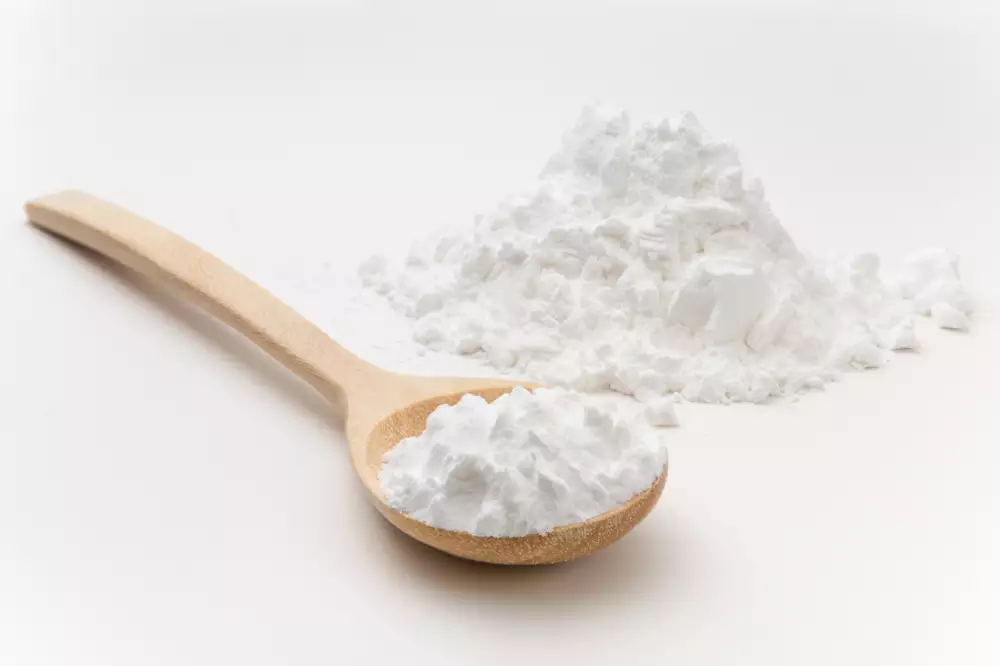
Tapioca and cornstarch flours are two of the most common substitutes for cassava, but they both have their unique properties.
The consistency should be thicker than water or even arrowroot-based sauces; it can hold up well in Simmering heat with no floury taste at all.
Spelt Flour
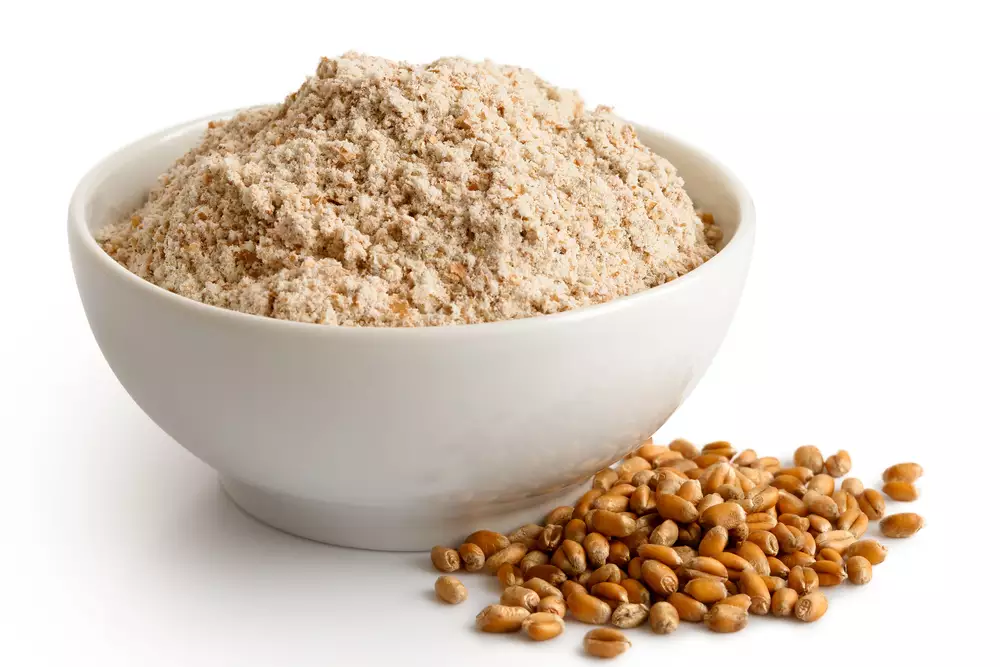
The ancient grain spelt is an excellent source of protein and vitamin B. It’s also rich in calcium, iron, magnesium? But beware: this wheat has gluten.
Spelled flour can be a great cassava flour substitute if you don’t have to worry about gluten. It has a nutty flavor and a slightly denser texture than all-purpose flour. This makes it perfect for bread, pizza crusts, and other baked goods.
Masa Harina
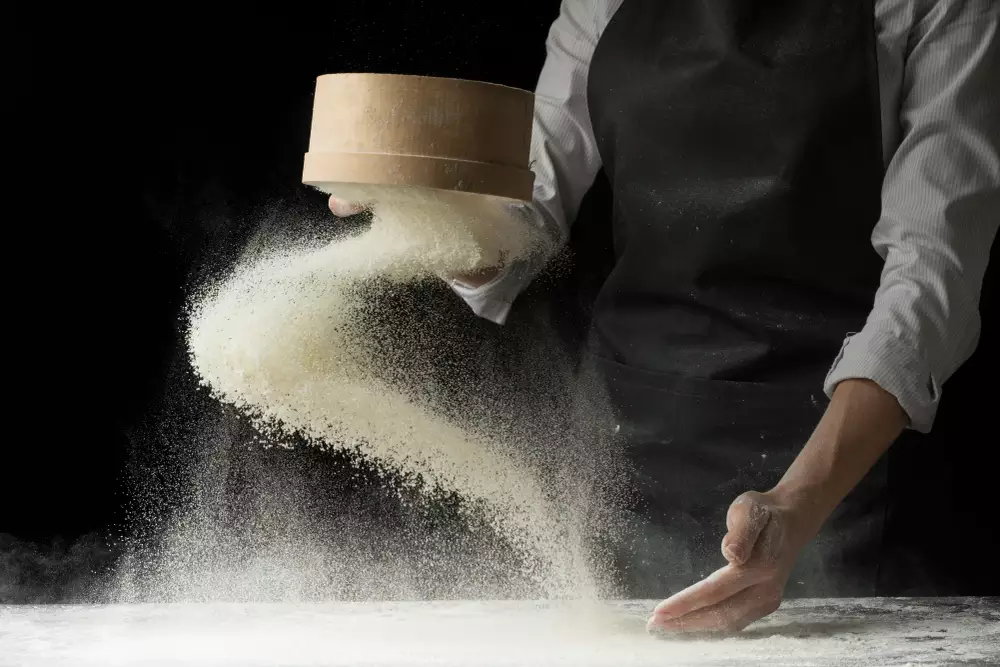
Masa Harina is an excellent choice when it comes time to cook up some tasty Latin American food. This flour can be found all over South America, and its results will make anyone happy with whatever they serve out of their kitchen sink or oven.
Oat Flour
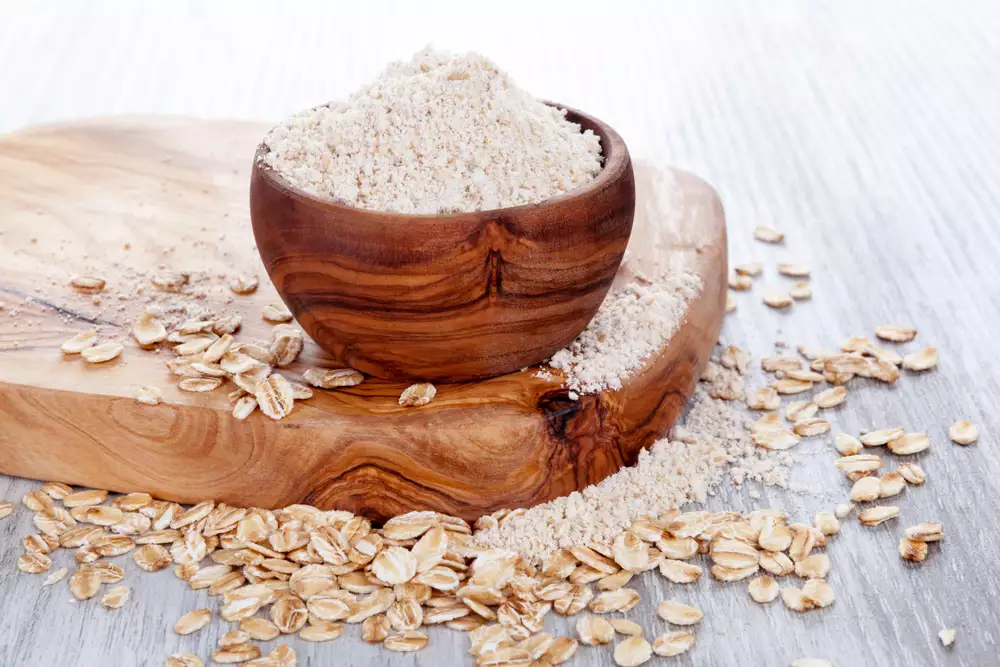
Oat Flour is made from finely ground oats. It’s easy to find in many grocery stores, but you can also make it by simply grinding up some oatmeal and processing them into flour using your blender or food processor.
This great substitute will keep things gluten-free while giving off that signature “oaty” taste found only once someone takes time getting themselves cooked with this ancient recipe for success-rolled right out onto baking sheets placed over kitchen counters around here.
Oat flour is a great choice if you’re looking for a nut-free, gluten-free option that will still add some moisture to your baked goods. Oats are also high in fiber and can help to regulate blood sugar levels.
One thing to note is that oat flour absorbs more liquid than almond flour, so you may need to add a little extra to your recipes.
Frequently Asked Questions
Is cassava flour and arrowroot the same?
No, Cassava flour and arrowroot are not the same. Cassava flour is produced from the cassava plant root, while arrowroot is made from a tropical starchy tuber that has been powdered.
Both ingredients can be interchanged in many recipes, but they are not.
Is cassava the same as tapioca starch?
No, cassava and tapioca starch are not the same ingredients. Cassava is the plant that tapioca starch comes from, but they have different properties.
In some applications, cassava flour can be used similarly to tapioca starch, but it should never be interchanged for tapioca pearls as a thickener or dessert ingredient.
Is cassava flour and cornstarch the same?
No, Cassava flour and cornstarch are not the same ingredients. Cassava is made from the Cassava plant, while cornstarch is a thickening agent from a different root vegetable.
However, they have many properties when used as a thickener or consistency to recipes. Both ingredients can be used interchangeably in many recipes.
